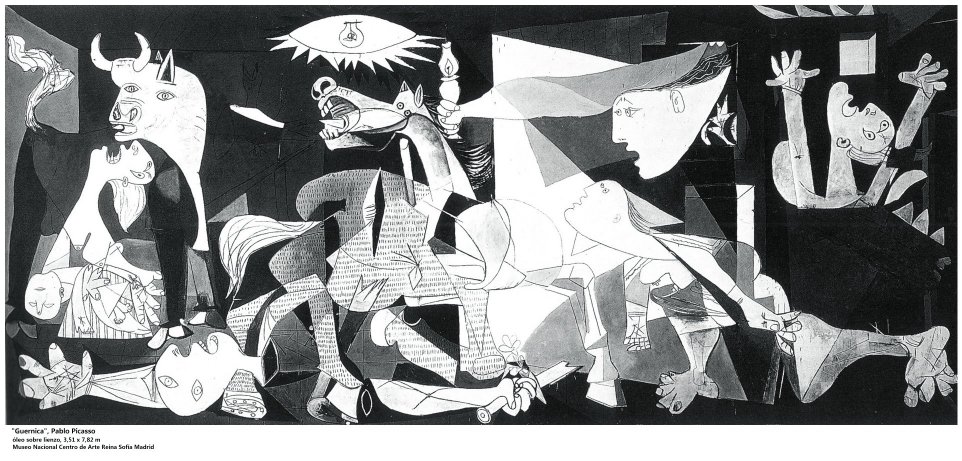Josu
Emperor
Now that you're already discussing the issue, could you describe what would change for Catalonia or the Basque Country economically should they become independent? Do they currently have to financially support other Spanish regions, similar to the Italian system? Or is it Spanish economic policy that hurts them?
That's a very good question and actually is a quite tabu speaking about real numbers.
The basque autnonomous comunnty has an agreement (concierto economico) with the central goverment that regulates the taxation and financial relations. There are as well some issues in which the basque country has competeces such as education or health (there are a lot more), they are called transferences.
Bassically this agreement means that taxes are collected in the basque country and the basque country takes from taxes the money we spent in transferences and we pay to Spanish Goverment a fee for the transferences belonging to them, such as defense. So we manage some taxes at our will, I think that they have been always managed better in basque country than in other areas, so we have a better welfare and better jobless rate. There are not many public studies saying wheter this agreement benefits or harms our economy or spanish economy, and the few you will found are very factional.
If becoming independet I have no doubt that our welfare would improve, we must not forget that there is a very important industrial market in basque country but the main problem, is that the basque country is not electrically independent, so it would generate a hughe deficit.





 , we are allready qualified for King's cup final and we are playing Europe League's semifinal against Sporting Clube de Portugal, we lost first leg last week 2-1, but next Thursday the second leg will be played in Bilbao, if Athletic Club passes, it will be club's first European final in 35 years.
, we are allready qualified for King's cup final and we are playing Europe League's semifinal against Sporting Clube de Portugal, we lost first leg last week 2-1, but next Thursday the second leg will be played in Bilbao, if Athletic Club passes, it will be club's first European final in 35 years.

 ). Curch was a political and cultural reference. Nowadays the number of belivers has decreased so I would say that their power is not the same.
). Curch was a political and cultural reference. Nowadays the number of belivers has decreased so I would say that their power is not the same.